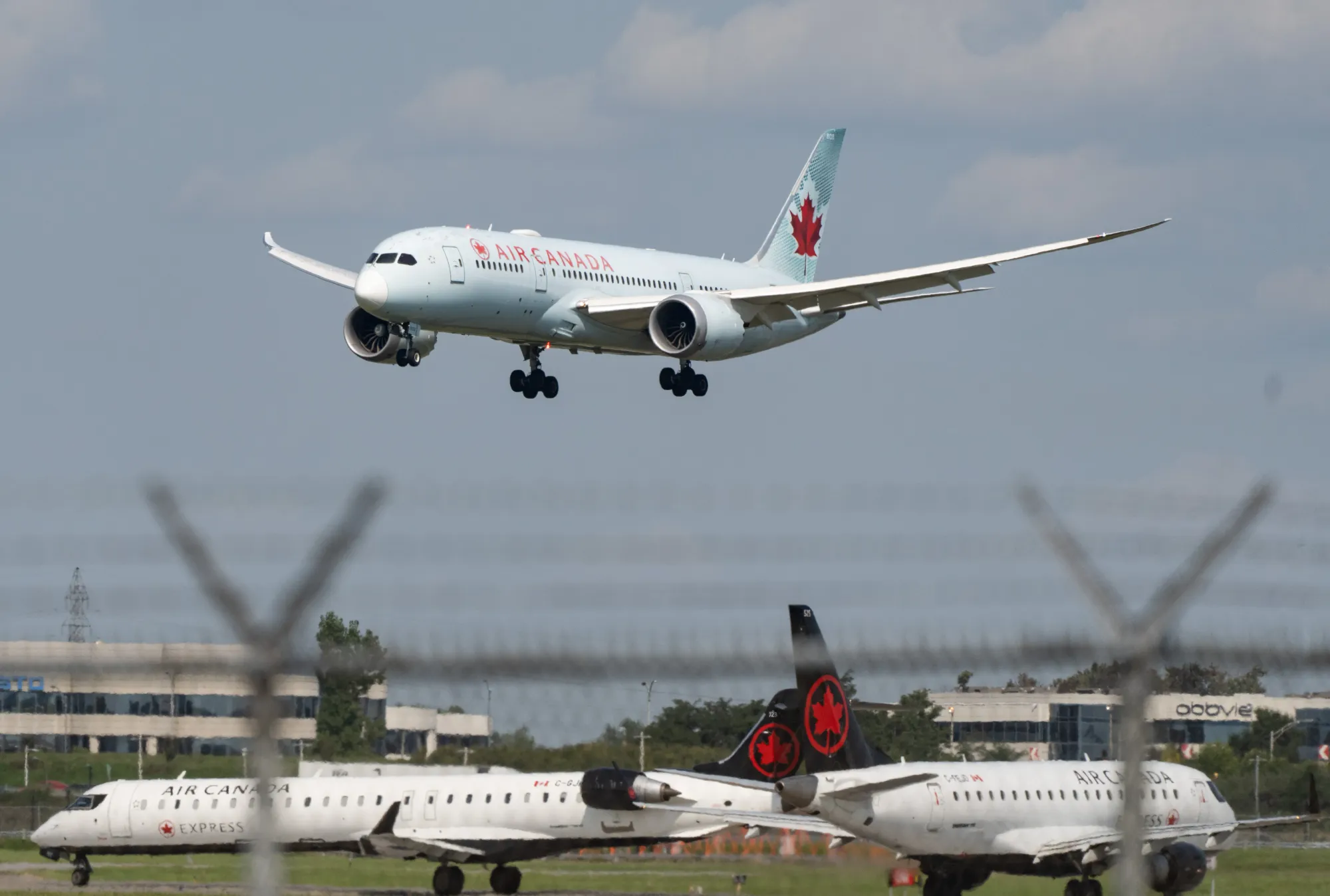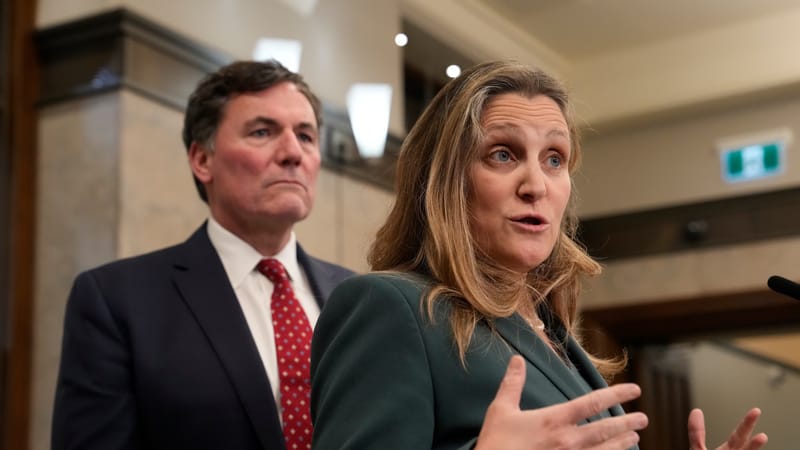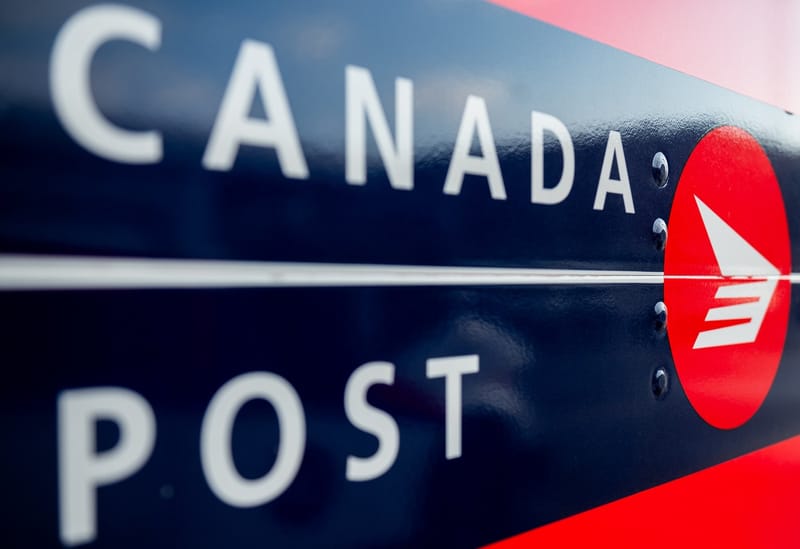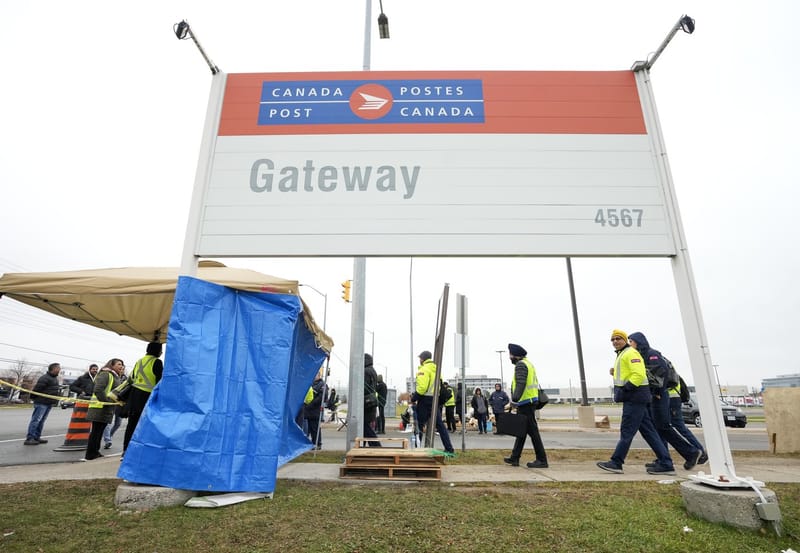Air Canada pilot strike averted as tentative deal reached with union
Until then, flights “will continue to operate as normal,” Air Canada said.

Air Canada and the union representing over 5,200 pilots have reached a last-minute tentative agreement, averting a strike that could have disrupted travel for thousands of passengers.
On Sunday, Air Canada announced that a tentative four-year deal had been reached with the Air Line Pilots Association (ALPA) and will soon be put to a ratification vote, which is expected to conclude in the next month. Until then, Air Canada confirmed that flights would continue to operate normally.
The airline stated that the agreement acknowledges the contributions and professionalism of its pilots while laying a foundation for the airline's future growth.
The tentative deal was announced shortly after midnight on Sunday, just before Air Canada or ALPA were due to issue a 72-hour strike or lockout notice if no agreement had been reached. According to ALPA, the four-year contract includes wage increases, improved work conditions, and enhanced retirement benefits.
While the specific terms of the deal have not been made public, a source informed Global News that pilots would receive an approximate 41.7% cumulative pay increase over four years. This includes a backdated raise to September 30, 2023, with an average 26% increase followed by 4% annual increments through 2026.
If ratified, ALPA estimates the new agreement would provide an additional $1.9 billion in value to Air Canada pilots over the next four years.
Charlene Hudy, chair of the Air Canada ALPA master executive council, praised the pilots’ persistence, stating that their “consistent engagement and unified determination” were key to securing the deal. She added that, if ratified, the agreement would finally replace the outdated 10-year framework currently in place.
Leading up to Sunday’s deadline, the two sides were still far apart, with wages being a key sticking point after more than a year of negotiations. In anticipation of a potential shutdown, Air Canada began limiting certain cargo shipments and adjusting flight schedules on Friday, though no flights were canceled.
The airline announced that customers who had changed flights scheduled between Sunday and September 23 as part of its labour disruption plan could now rebook their original flights at no extra charge, subject to availability.
Federal Labour Minister Steve MacKinnon praised both parties for reaching a deal and preventing disruptions. "Thanks to the hard work of the parties and federal mediators, disruptions have been prevented for Canadians," he said in a statement shared on X (formerly Twitter).
Negotiated agreements are always the best way forward.
— Steven MacKinnon (@stevenmackinnon) September 15, 2024
My statement on the tentative agreement between Air Canada and ALPA: pic.twitter.com/CPmlbtwbTZ
MacKinnon emphasized that negotiated agreements, rather than government intervention, are the best way forward. However, Air Canada had previously called for government readiness to intervene if talks failed, while the pilots' union opposed such involvement, citing concerns over workers' rights.
Prime Minister Justin Trudeau also stressed that it was the responsibility of Air Canada and the union to reach a deal, not the federal government.
The agreement avoids disruptions for the 670 daily flights operated by Air Canada and Air Canada Rouge, affecting over 110,000 passengers daily. Duncan Dee, former Air Canada COO, noted that the deal comes as a relief to Canadian travelers, who have faced multiple airline strike threats in the past 18 months.
Dee highlighted the uncertainty and disruption caused by the potential strike, adding that many business appointments and trips had been postponed or canceled. He emphasized that the situation showed a need for more preparedness in handling such disputes in the future.





